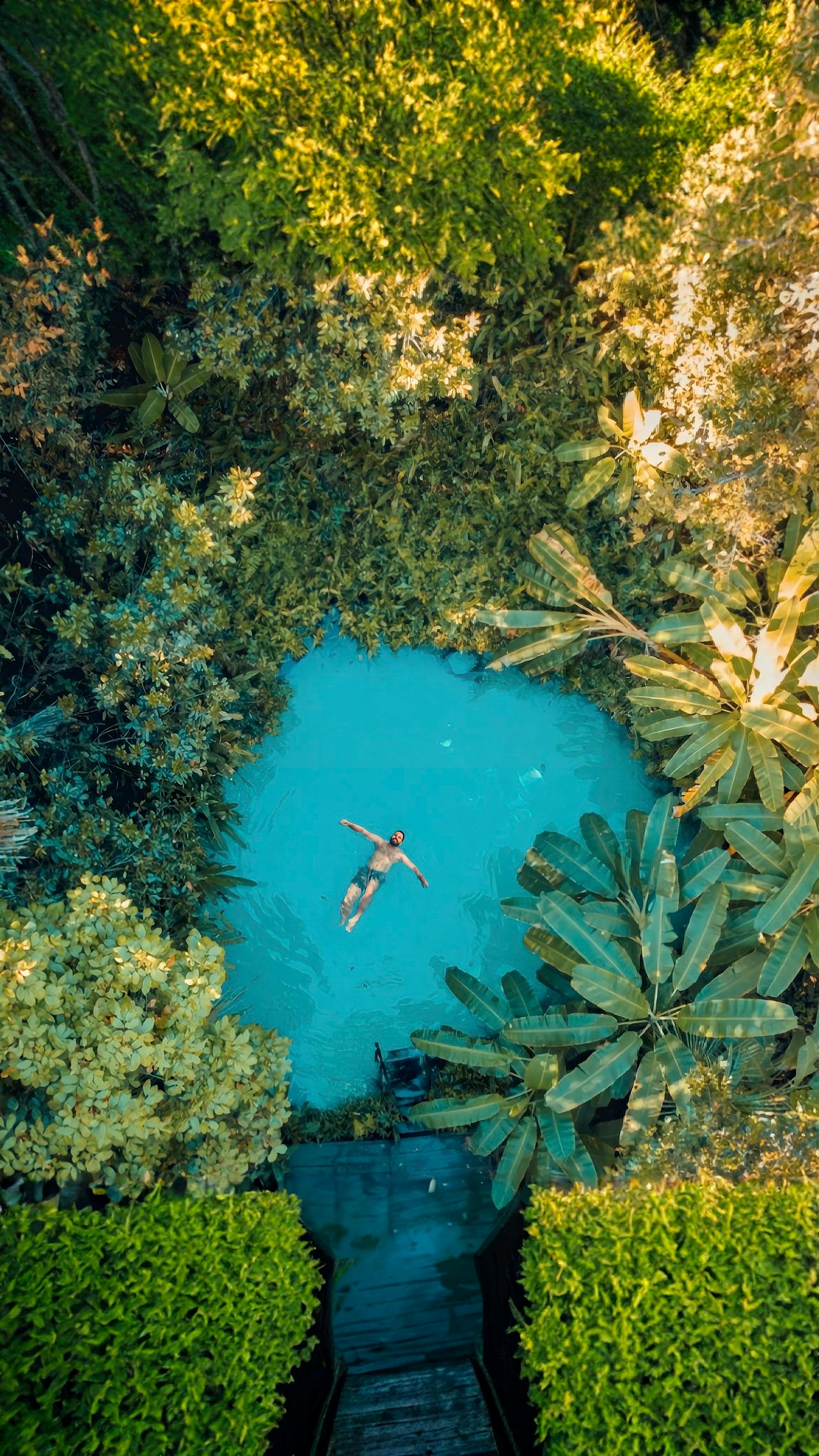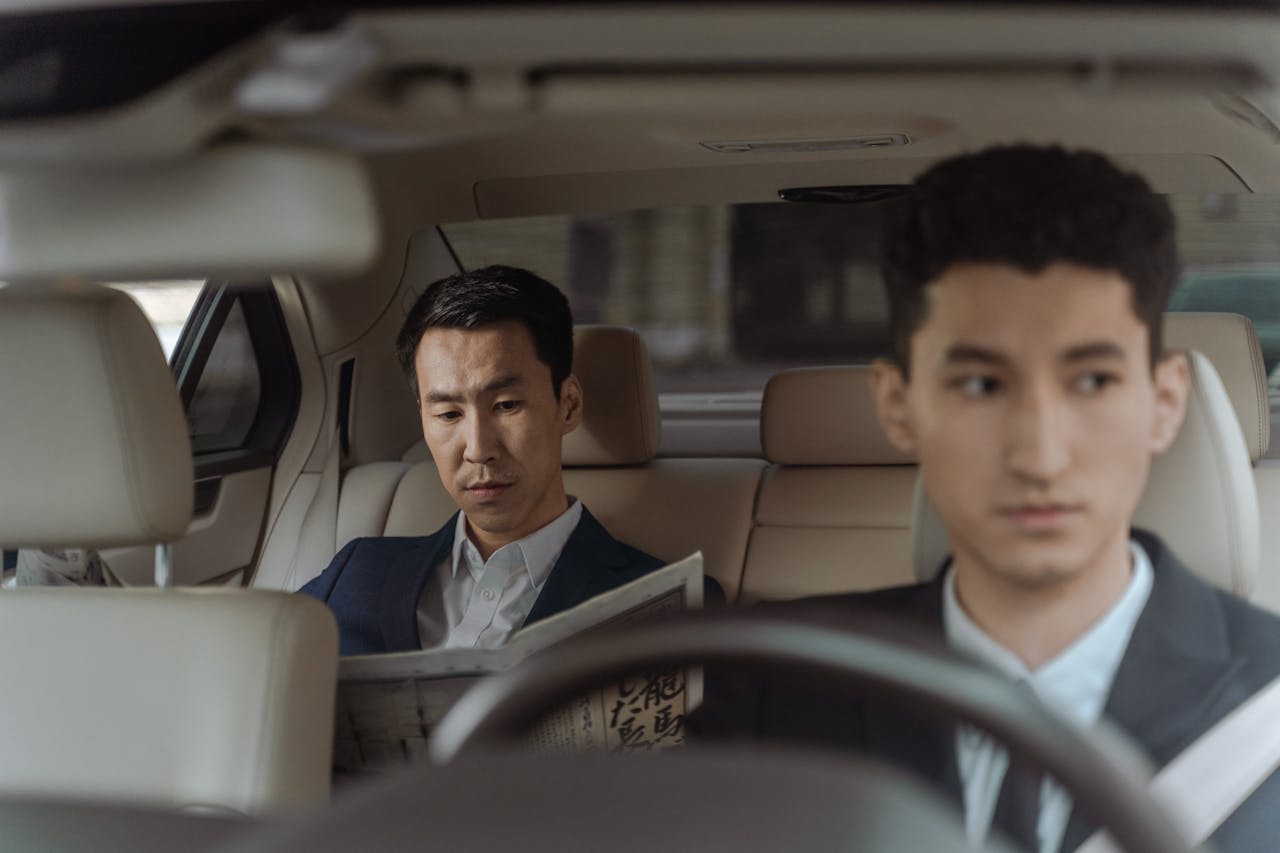
What does luxury travel look like today? How are the world’s most discerning travelers redefining indulgence and adventure? In a rapidly changing global landscape, the answer goes far beyond extravagant hotels and private jets. Modern luxury travelers crave personalized, meaningful experiences that combine exclusivity, wellness, culture, and sustainability. As these desires evolve, new trends are reshaping how the elite explore the globe.
1. Personalized and Experiential Journeys
Luxury travelers today want more than just five-star hotels and private jets. They seek tailored experiences that reflect their individual tastes, passions, and values. This means highly customized itineraries crafted by expert travel concierges who consider every detail — from private cooking classes with renowned chefs to exclusive access to local festivals.
Personalization also extends to immersive experiences such as cultural deep dives, wildlife encounters, and hands-on workshops. For instance, instead of a typical safari, luxury travelers might participate in conservation efforts, learning about animal protection firsthand. The focus has shifted from passive sightseeing to active engagement.
2. Wellness and Mindfulness Travel
Wellness travel is booming within the luxury segment. High-net-worth travelers are increasingly prioritizing their physical and mental health while on vacation. This includes stays at wellness retreats offering holistic treatments, yoga and meditation sessions, detox programs, and nutritional guidance.
Resorts and hotels are responding by developing state-of-the-art spa facilities and wellness-focused amenities. Many are now integrating nature and mindfulness into their offerings, promoting healing through natural surroundings and silence. Digital detox holidays, where guests disconnect from technology to recharge mentally, are particularly popular.
3. Sustainable and Ethical Travel
Environmental and social consciousness is now a crucial component of luxury travel. Travelers want to explore the world without leaving a heavy footprint. This demand has led to the rise of eco-luxury resorts, which combine sustainability with comfort. These properties often use renewable energy, source food locally, reduce waste, and support community projects.
Luxury travelers are also opting for slow travel — spending more time in fewer places to reduce emissions and deepen cultural appreciation. Experiences that promote wildlife conservation, support indigenous communities, and protect fragile ecosystems are highly sought after. Ethical tourism, once a niche, is becoming mainstream in luxury circles.
4. Technology-Enhanced Travel
Technology continues to redefine luxury travel by offering convenience, safety, and enhanced experiences. From AI-driven travel planning that uses data to craft personalized itineraries, to augmented reality (AR) tours that bring historical sites to life, the possibilities are expanding.
High-end travelers often use private apps or concierge bots to manage their trips seamlessly. On the ground, luxury hotels deploy smart room technology — think voice-activated controls, personalized climate settings, and virtual assistants — to elevate comfort. Contactless check-ins and health monitoring have also become standard post-pandemic.
5. Private and Remote Destinations
Privacy has always been a hallmark of luxury travel, but the pandemic intensified the desire for secluded getaways. Villas, private islands, and remote lodges far from crowds have surged in popularity. These exclusive hideaways offer not only safety but the chance to connect deeply with nature and loved ones without interruption.
Destinations such as the Maldives, Bora Bora, and secluded parts of the Mediterranean remain favorites. However, lesser-known gems in Patagonia, Greenland, and Africa are attracting luxury travelers seeking unique, off-the-beaten-path experiences. The trend is toward privacy without sacrificing comfort.
6. Ultra-Luxury Transportation
The mode of travel itself is becoming part of the luxury experience. Private jets, charter yachts, and even luxury trains have seen rising demand. Travelers want to avoid commercial airports and crowded terminals and enjoy seamless door-to-door service. This includes sophisticated luxury chauffeur services that ensure comfort, privacy, and style from the moment they leave their doorstep.
Innovations in private aviation include fractional jet ownership, making private flying more accessible to those who don’t want to own an entire aircraft. Similarly, luxury yachts now come equipped with the latest tech, gourmet kitchens, and entertainment systems, allowing travelers to explore the seas in total comfort.
Even luxury cruise experiences are evolving — with smaller, more intimate ships that offer curated itineraries and personalized service, catering to those who want both adventure and indulgence.
7. Culinary Excellence as a Core Experience
Food has become a central element of luxury travel. Travelers increasingly seek Michelin-starred dining, private chef experiences, and opportunities to explore local gastronomy in authentic settings.
Luxury hotels and resorts invest heavily in culinary programs, bringing in renowned chefs or crafting farm-to-table menus. Wine tasting tours, truffle hunting, and cooking classes with local culinary experts add depth to travel. Some travelers are even booking entire trips around food festivals or exclusive dining events.
8. Multi-Generational and Group Travel
Luxury travel is no longer solely about solo trips or romantic getaways. Multi-generational family vacations and group travels among friends are trending. High-net-worth families want spaces that accommodate everyone from grandparents to grandchildren, with diverse activities that appeal to all ages.
Luxury villas, private estates, and chartered yachts provide ample space and privacy, while offering tailored programs for different interests—such as wellness for adults and adventure for kids. Group travel also extends to corporate retreats, blending business with pleasure in inspiring locations.
9. Focus on Safety and Health Protocols
The global health crisis brought safety to the forefront of travel decisions. Luxury travelers now expect rigorous health and hygiene protocols — including private transportation, sanitized accommodations, and health screenings.
Hotels and resorts often provide on-site medical staff, testing services, and partnerships with local healthcare providers. Travel insurance with pandemic coverage and flexible booking policies have become standard expectations. These measures help travelers feel secure without compromising luxury.
10. Art, Culture, and Heritage
Cultural enrichment remains a cornerstone of luxury travel. Experiences that connect travelers with art, history, and local heritage are increasingly prized. Private tours of museums after hours, exclusive access to historical sites, and personalized interactions with artists or historians add exclusive value.
Luxury travelers often seek cultural residencies or workshops where they can create art or learn traditional crafts. Cities renowned for their art scenes like Paris, Tokyo, and Florence remain perennial favorites, while emerging destinations in Asia, Africa, and Latin America offer fresh cultural landscapes to explore.
Luxury travel is no longer defined just by extravagance but by the quality and meaning of the experiences offered. Personalization, wellness, sustainability, privacy, and technology are shaping the future of high-end travel. As affluent explorers continue to seek authentic, mindful, and seamless journeys, the luxury travel industry will evolve to meet these sophisticated demands — promising ever more unique, enriching, and responsible ways to discover the world.


